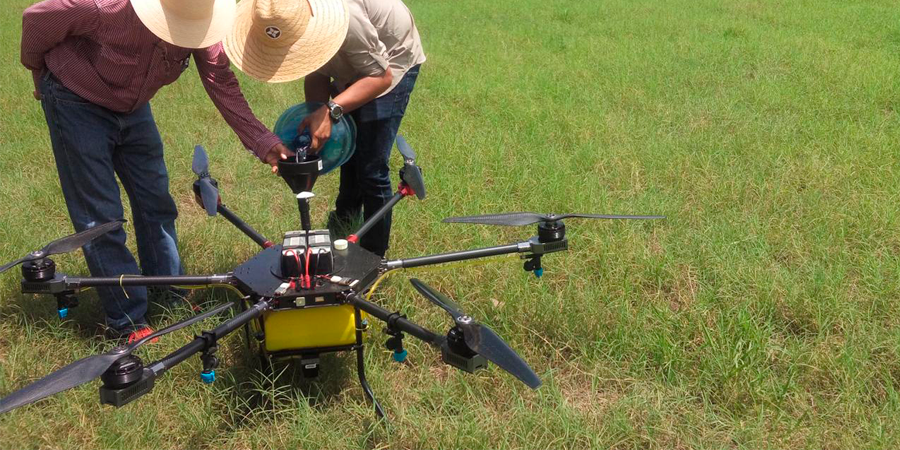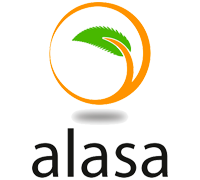The contribution of technology to insurers
For the first time, ALASA, in its International Congress of Agricultural Insurance Mendoza 2020, will have a space for entrepreneurs who can demonstrate how technologies are transforming the agriculture business.
The incessant progress, the instantaneousness in the information and the immediate solution to questions that were previously unthinkable, demand a permanent update for which not everyone is prepared. Dissemination, training and knowledge become the closest challenge to carry out.
Asked about the main contribution of new technologies to insurance companies, Federico Mayer, CEO & Founder of Club Ag Tech, argued that “the main contribution in this industry or in any sector is the ability to generate large volumes of information and process them at high speeds. To be able to show us things that we couldn’t see before and also to do them in real time or very briefly ”.
To demonstrate and exemplify the results of advances in technology, one can observe what happens with the green index where one, through digitization, can see and measure it, that is, take an indicator. And in this way to be able to observe specific moments of the crop cycle. This was previously impossible and the data that was measured and recorded were those of yield.
Regarding the challenges of the sector itself, of the insurance industry, Mayer affirmed that “the most urgent thing is to become massive, especially in Latin America. To be able to be in every hectare and in every production. This does not currently occur due to a cost issue. And it is there where technologies have to act to be able to download them and make services available since, where before a lot of manpower was needed to be able to manage, today technology allows it to be done with much less resources ”.
In the case of insurance, these tools generate the possibility of finding mechanisms or solutions to ensure activities that previously did not have the possibility of transferring risk.
The technologies are going to be able to allow segmentations almost to the unit of products, made to measure. This will be manageable, generating benefits not only for the producer but also for the companies. And it is there where we find one of the great achievements that digitization generates.
But as we clarified at the beginning, adapting to the incessant flow of information due to the advance of digitization in all areas is not easy. For Mayer, the main obstacle seen in all industries, and surely insurance is not the exception at the corporate level, are cultural issues. “Most of the people who work in the sector today, were formed by an analog world and this digital world has a lot of characteristics that are difficult to understand because our” setting “is different,” said the Agricultural Production Engineer.
The issue of the digital divide is key, “it is like literacy in the Sarmiento era”, he analyzed and added, “It is not necessary for everyone to know how to program, but they must be aware of the benefits or benefits that this new language can allow us. I speak of language because the digital world is that, a language that allows us not only to describe something but to replicate it, something that does not happen with English, Spanish or Chinese ”.
“We have a huge quest ahead to digitally alphabetize customers and suppliers so that we as a chain can be more efficient and generate more value,” he emphasized. However, with regard to this almost urgent objective, Mayer considered with concern that “there is no awareness among employers of need regarding this issue.”






Comments are closed.